Tokyo – and Japan – never stop surprising me.
One of the things I love about living here is that I’m always stumbling on something incredibly cool, be it a tiny Inari Shrine in my neighborhood or a huge temple complex on a busy commercial street that’s not mentioned in any guidebook.
I was dimly aware of the existence of the Chinzan-so Garden, but only as a part of the Four Seasons Hotel grounds I’d read about years ago. The hotel is no longer a Four Seasons – though still five-star – and much to my surprise, it turns out to be easy walking distance of my apartment. I actually stumbled upon it while looking for info about a ramen place I’d discovered on a shoutengai (which I was likewise unaware of) near my house during a late-night stroll.
The ramen turned out to be excellent, though the place was so packed I had to hit it on the way back from the Chinzan-so – but it was the garden that was the headline. It was built by an Imperial Prince on his estate in the 19th-Century, but there’s much more to it. Among the treasures he and the next owner, another Daimyo, moved there are a 9th-Century 3-storied pagoda, a 12th-Century lantern and numerous 17th-Century Rakan and “Seven Lucky Gods” statues. There’s also a small Inari Shrine relocated from the famous Shimogamo Shrine in Kyoto – a Shrine I visited earlier this month and is better known among anime fans than ever for its role in The Tatami Galaxy. There’s also a splendid waterfall which includes a tunnel behind it (it was hard to resist jumping in on a day like today, where the temp was 35 degrees Celsius) and a stream which purports to have a huge firefly population (they’re sadly becoming rarer every year in Japan and America both) in early summer.
As for the hotel itself, it’s pretty much what you’d expect from one that was good enough for Four Seasons. Exquisite, a classic blend of Western and Japanese style, and the sort of place I suspect I will only ever see as a day tripper. Fortunately, the garden is open to the public at no charge.





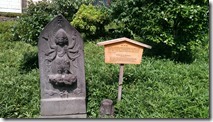
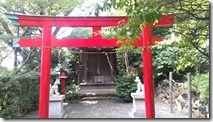
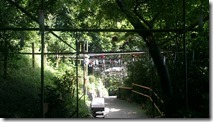
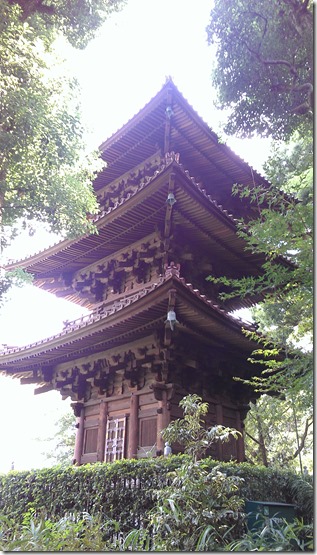
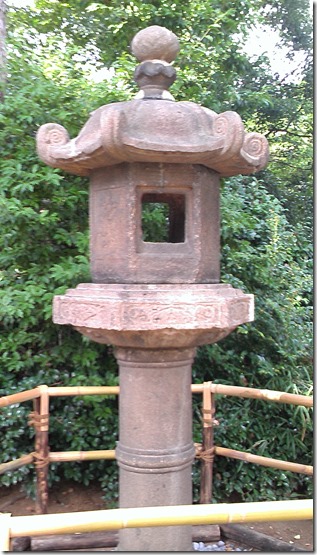
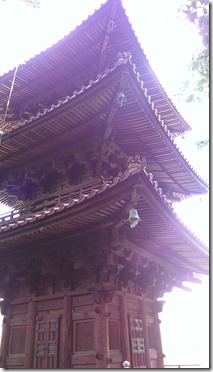
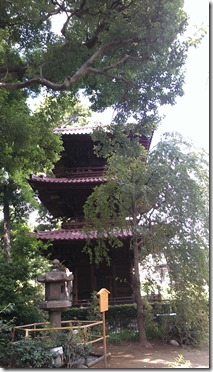
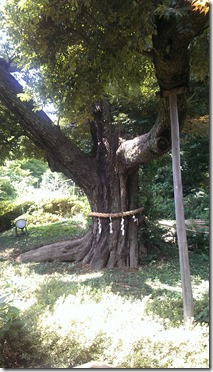
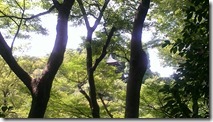
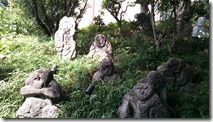
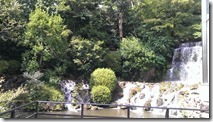
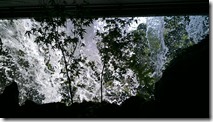
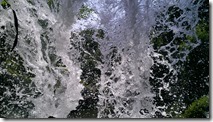
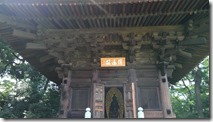

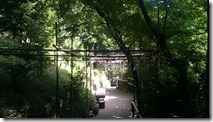

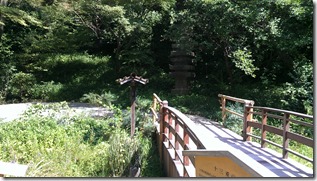
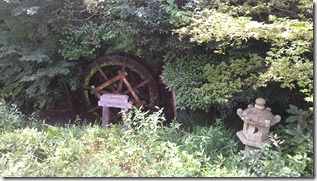


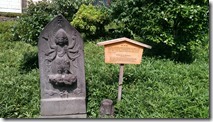
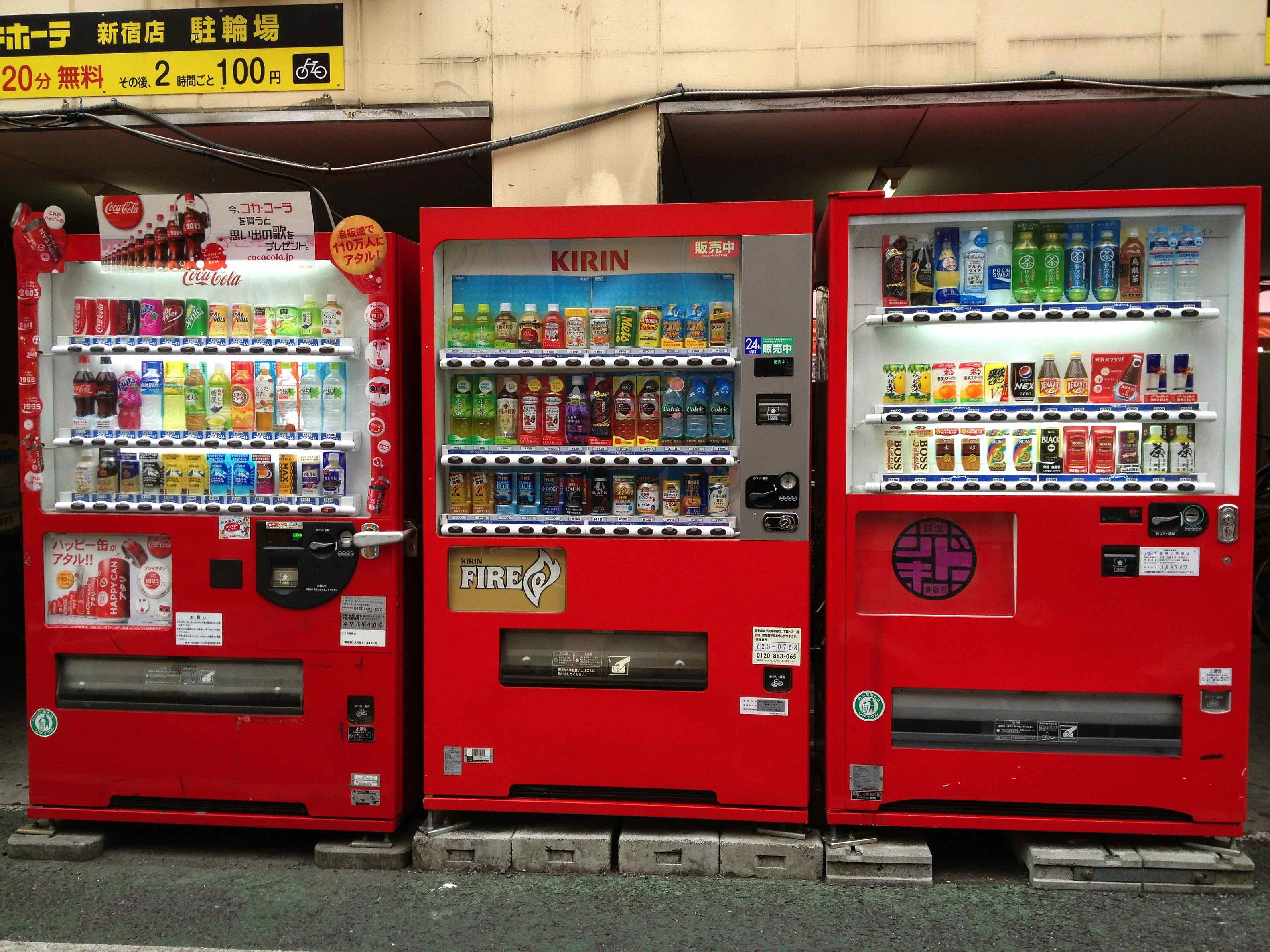
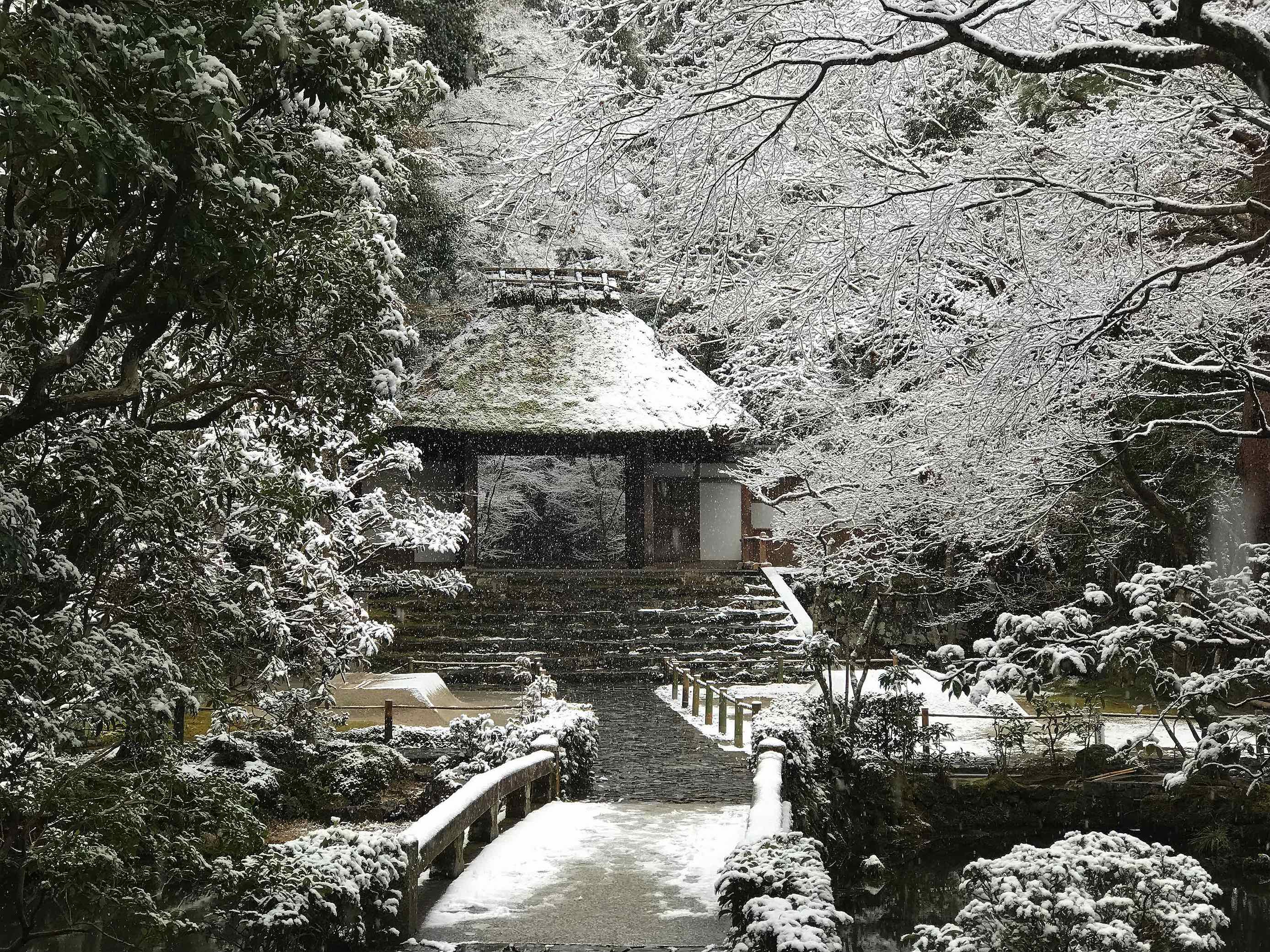
Zeta Zero
August 31, 2013 at 1:01 pmDon't eat too much ramen.
Ronbb
August 31, 2013 at 7:31 pmWhy so? Is it because of its nutritional value? Am curious.
Zeta Zero
September 1, 2013 at 1:48 amIt's not exactly known for its life-extending properties.
Ronbb
September 1, 2013 at 4:39 pmThanks. I thought that it's green tea and the lifestyle of the Japanese — less fast food — that attribute to their longer lives…
Ronbb
August 31, 2013 at 7:29 pmI think I've been there, but I was too young at the time to remember a thing other than the Four Seasons Hotel — I was told that the Hotel was a five-star but was stuck at the idea why hotels could only have 5 stars at max and not more…lol.
I am always amazed by the gardens that you visited — actually, by all your Tokyo Diaries posts. The gardens are very beautiful, and most of them are full of history, interesting stories, and aesthetics. They are kind of like a green oasis hidden in a busy city allowing people to wind down and breathe. I am quite stunned by the 9th-century pagoda — it's so narrow, tall and detailed.
admin
August 31, 2013 at 11:47 pmTokyo has a remarkable number of green spaces for such a congested and compact megalopolis. Perhaps Japan's greatest charm is its contrasts – old and new, dazzling high-tech and ancient simplicity, dense and crowded with empty and desolate. Tokyo really exemplifies that juxtaposition of the old ways and the new ways better than anywhere else.
Ronbb
September 1, 2013 at 12:13 am"Perhaps Japan's greatest charm is its contrasts…"
Agreed. It's a place full of wonders.
Hangman
September 1, 2013 at 2:47 amNeat find. Digging that building. Those places are way cooler than visiting hip kyoani backdrops.